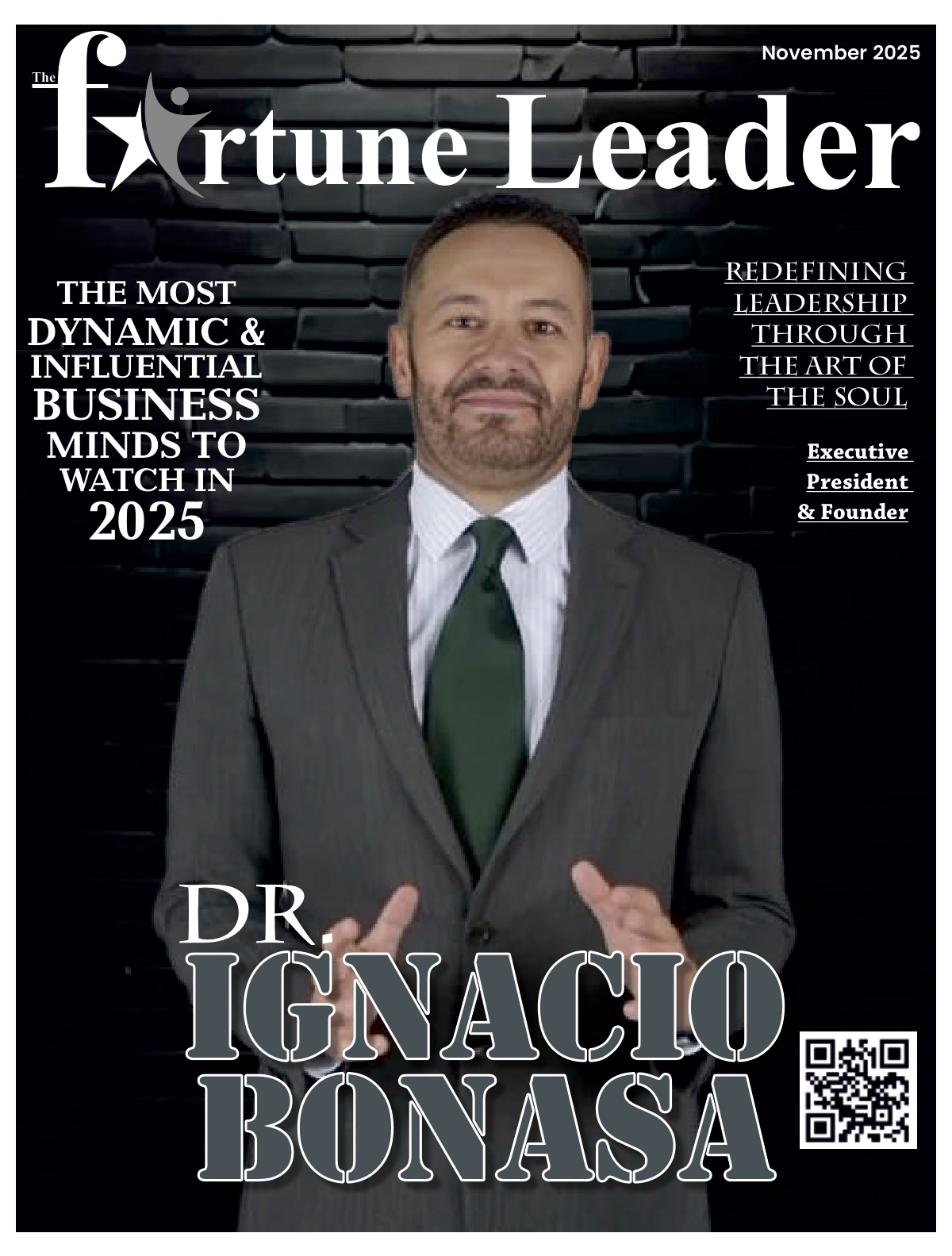As a travel managers, your role involves orchestrating seamless journeys for your organization’s employees, clients, or partners. Navigating the complex world of travel requires a toolkit of resources that can help you streamline processes, enhance experiences, and handle unexpected challenges.
Here’s a rundown of essential resources and tools that should be part of every travel managers arsenal:
1. Travel Management Software:
Investing in a robust travel management software can be a game-changer. These platforms offer features like itinerary planning, expense tracking, policy enforcement, and real-time updates, all of which simplify the management of travel arrangements. They ensure efficiency and accuracy while providing a central hub for all travel-related data.
2. Online Booking Platforms:
Online booking platforms make the process of arranging flights, accommodations, and transportation much smoother. These platforms often provide access to competitive rates, consolidated options, and the ability to track bookings in one place. Look for platforms that offer user-friendly interfaces and flexible customization options.
3. Travel Policy Guidelines:
Well-defined travel policies are the backbone of organized corporate travel. Create clear and comprehensive guidelines for booking procedures, expense limits, reimbursement processes, and travel safety. Ensure that employees are familiar with these policies to maintain consistency and accountability.
4. Communication Tools:
Efficient communication is essential, especially when managing travel plans for a group of people. Tools like instant messaging apps, video conferencing platforms, and collaboration software enable seamless communication, allowing you to convey updates, changes, and essential information in real-time.
5. Travel Risk Management Resources:
Safety should be a top priority when managing business travel. Subscribe to travel risk management services or platforms that provide real-time alerts, country-specific safety information, and emergency assistance. These resources help you make informed decisions and provide a safety net for travelers in case of unexpected situations.
6. Expense Management Tools:
Keeping track of expenses and ensuring adherence to budgets is crucial. Leverage expense management tools that allow travelers to submit expense reports easily, facilitate reimbursement processes, and provide insights into travel spending patterns for better financial planning.
7. Loyalty Programs and Partnerships:
Explore partnerships with airlines, hotels, and other travel service providers to access loyalty programs and discounted rates. These collaborations can lead to cost savings and enhanced benefits for your travelers, ultimately improving their experience.
8. Data Analytics and Reporting Platforms:
Data-driven insights are invaluable for optimizing travel programs. Utilize analytics tools to monitor travel patterns, identify trends, and evaluate the effectiveness of your travel management strategies. These insights can guide decision-making and help you continuously improve your processes.
9. Traveler Support Resources:
Provide travelers with resources they can access during their trips, such as digital maps, language translation apps, local guides, and contact details for local support. Empowering travelers with such tools enhances their experience and minimizes potential travel-related stress. In conclusion, a successful travel manager requires a toolkit of resources that streamline processes, prioritize safety, and enhance traveler experiences. With the right mix of travel management software, online booking platforms, policy guidelines, and communication tools, you’ll be well-equipped to orchestrate smooth journeys for your organization while adapting to the dynamic landscape of corporate travel. Remember, staying up-to-date with emerging technologies and trends is key to maintaining a competitive edge in the field of travel management.

















